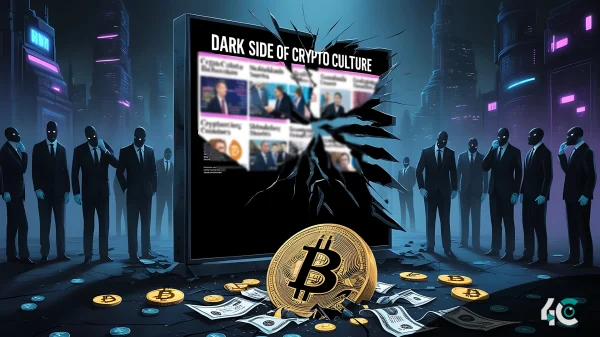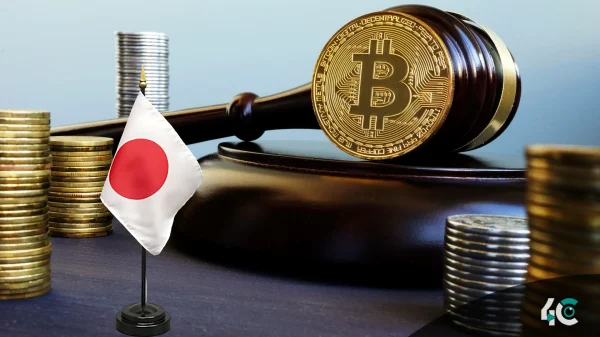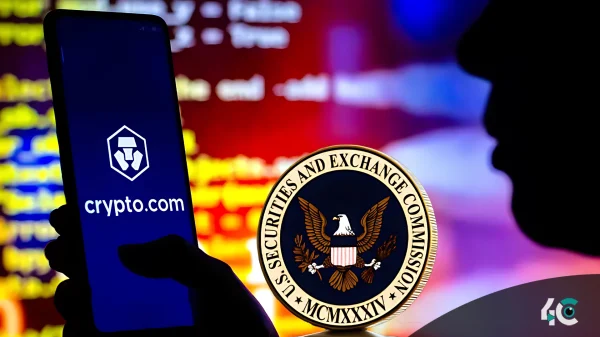Regulatory Crackdown on Privacy Coins
Financial regulators are raising concerns that privacy coins, which offer complete anonymity for transactions, are an enabler of crimes like money laundering. To combat this, governments, especially from the U.S. and Europe, have placed restrictions through AML laws to curb the use of anonymity.
A few countries have banned them altogether; meanwhile, prominent exchanges have started delisting Monero and Zcash to avoid compliance issues.
The recent actions are hitting privacy coins that were used to allow users more secrecy than bitcoin or fiat money. Monero offers untraceable transactions, while Zcash has optional privacy features. This makes them popular with people looking for financial anonymity and regulators who see them as a potential threat.
Campaigners want to see privacy as a right.
Supporters of privacy coins have argued against the mounting pressure, stating that financial anonymity is not just a feature but a right. People believe that transacting privately will protect individual freedoms and shield sensitive transactions from prying eyes. Those who oppose the crackdown argue that while cash provides anonymity, it doesn’t receive the same attention as privacy coins.
Privacy coins’ representatives remain hopeful that DEXs and P2P networks will enable them to thrive despite centralized exchanges distancing themselves from them. These alternatives provide them with access and exchange methods for privacy coins without going through regulated intermediaries, enabling them to survive despite restrictions.
Striking a Balance—or Heading Toward Extinction?
The future of privacy coins may lie in a careful compromise between regulation and the demand for financial privacy. Monero, Zcash, and others may change to comply, but stricter rules may make them more obscure. As cryptocurrencies have heated up, financial privacy has heated up in the debate arena. In the quest for anonymity, they will be the issue.
Currently, Monero and Zcash are a symbol of the fight for financial freedom against increased surveillance. Could they potentially endure—or even prosper—amidst challenging regulatory changes? The outcome of this war will undoubtedly determine the future of digital finance and the significance of privacy in a connected world.














































